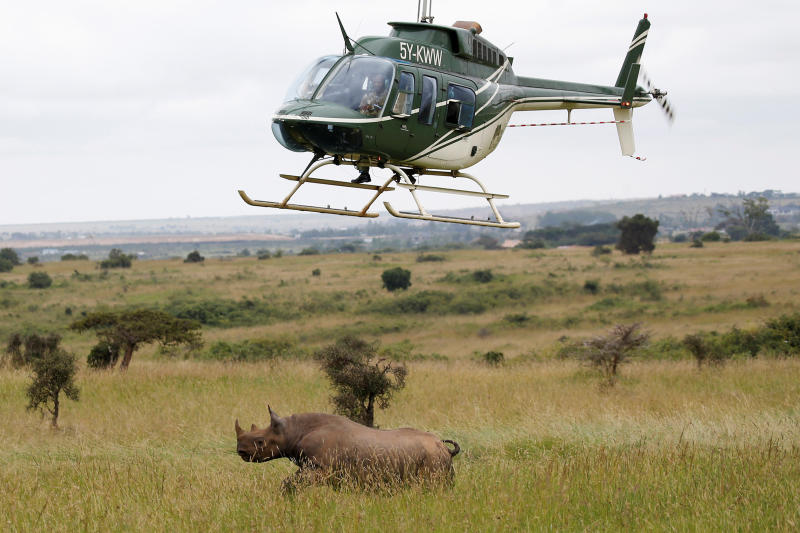×
The Standard e-Paper
Kenya’s Boldest Voice

Poor leadership, inadequate funding and lack of support from the national Government is threatening to bring down the Kenya Wildlife Service (KWS).
Investigations by the Sunday Standard show that an entity that once had a fleet of over 100 vehicles, a huge percentage of these are stationary, some for reasons as trivial as lack of spare parts.